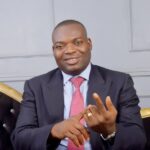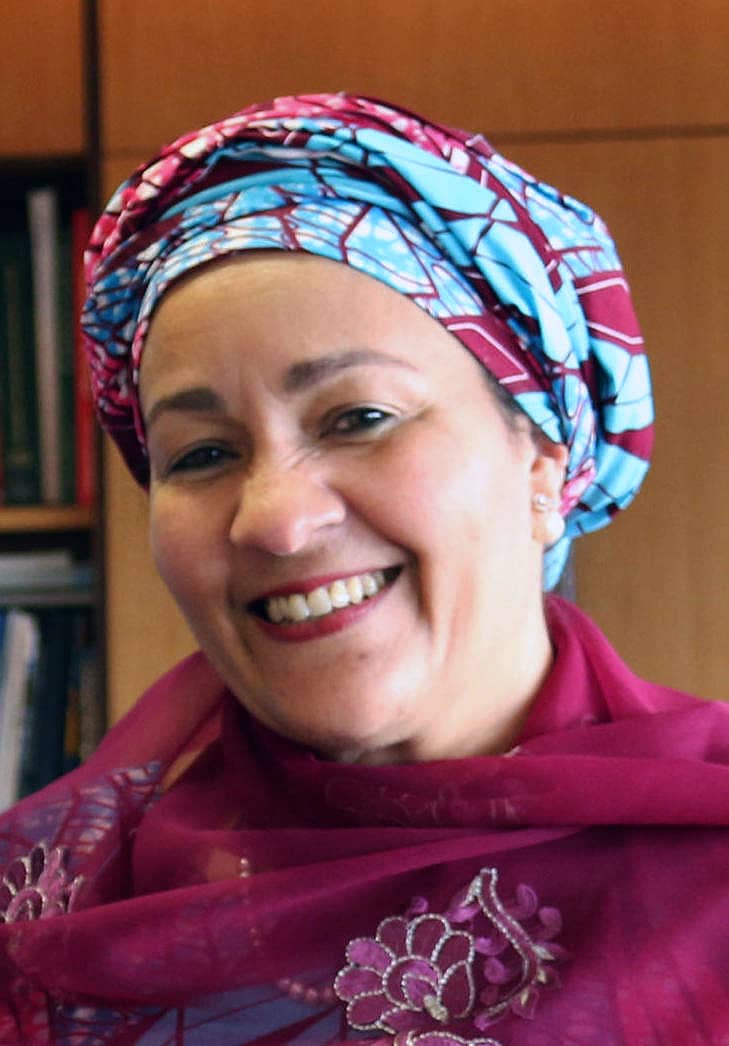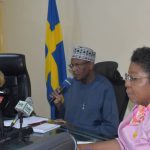By Linus Aleke, Abuja
The Deputy Secretary General of the United Nations, Mrs. Amina Mohammed, said that centuries of colonialism and external influences are partly responsible for the perennial unconstitutional change of government in West Africa.
Mrs. Mohammed, said this in Abuja, at the 6th Association of Foreign Relations Professionals of Nigeria (AFRPN), Annual Conference/Lecture 2024.
Delivery a lecture titled Unconstitutional change of Government and attainment of the African Union’s 2063 Agenda and the 2030 Agenda for Sustainable Development–The case of West Africa and the Sahel sub-region,” the UN Deputy Scribe said: “Centuries of colonialism and external influences have left an indelible mark on our societies, hindering the organic development of a constitutional order that reflects and responds to people’s rights and aspirations”.
Constitutions, she said should be living documents that capture the essence and hopes of the peoples whose paths they would guide.
Mrs. Mohammed said: “Here in our region, one of the many results of these structural failures is the trust deficit, broken governance and weakening of the social contract giving cause to the current cascading unconstitutional changes of government in West Africa and beyond. Each and every one of these changes is a stark reminder of the deeper and more structural issues that we must address as a global community. Let us remind ourselves that we are living in a world deeply connected, by its norms and standards to financial systems and trade. These turbulent unconstitutional changes also represent a “worst-case scenario” for sustainable development across West Africa and the Sahel — as we draw closer to the deadline to achieve the Sustainable Development Goals, many of which are slipping from reach. They also represent a major barrier to the bold vision of peace and prosperity put forward by Agenda 2063. Within this wider context, let me turn to the specific question posed by this Lecture and proffer four challenges that demand our collective engagement and constructive response.
we need to confront the departure from democracy and its norms that we witness in recent unconstitutional changes of government”.
The UN Deputy Scribe said the custodians in our elected offices should be held to account for protecting the integrity of our guiding principles enshrined in the constitution.
In West Africa and the Sahel, she said, the population find selves at a critical juncture.
“While existing constitutional frameworks may not always fully reflect the true aspirations of our diverse needs and complexities in the development journey, bringing about tensions in societies, resulting in conflict and the breakdown in law and order. We must constantly use the structures of governance to hold to account and address the gaps in the course of our implementation.Perhaps it is time to revisit and chart a better course toward a self-defined, inclusive and autonomous future,” she further averred.
In doing so, she said leaders must draw on the wisdom of collective history to frame a robust and inclusive vision of the future now and for future generations.
This, Mrs. Mohammed said, means creating space for sincere, trust-based dialogue and a concerted, and good-faith effort from all stakeholders to address the tensions and divisions that have plagued our societies.
She however, noted that coups are not the answer to constitutional questions, stressing that they are, at best, a symptom of deeper discontent, a red flag not to be dismissed.
Quoting the Secretary-General, she said; “Many countries face deep-seated governance challenges. But military governments are not the solution”.
She counseled that “We must create the conditions that allow our citizens to address the root causes of political instability, even if it means having the courage to challenge the model—not the principles of democracy we practice”.
She said that peace and security are impossible without sustainable, inclusive development and both are needed to attain human rights.
She nevertheless warned that treating the symptoms of the challenges is not good enough.












